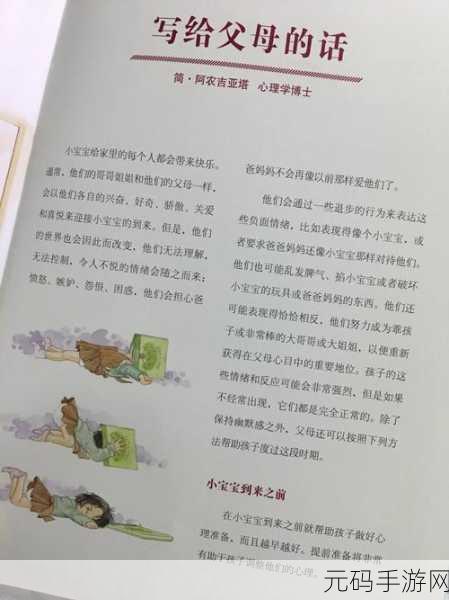小孩半夜喂姐姐吃东西的行为分析
家中有孩子时,常常会出现一些让人哭笑不得的小插曲,比如小孩半夜起来喂姐姐吃东西,这种情况虽然看似稚嫩可爱,但其实涉及到多方面的问题。了解这个现象,可以帮助父母更好地引导孩子的行为。
儿童情感表达的重要性
对于年幼的孩子而言,他们对亲人的关心和照顾是一种自然且本能的情感表达方式。尤其是在家庭环境中,小孩往往把兄弟姐妹视为最亲近的人。在他们看来,给予食物不仅是生理需求,更是一种爱的传递。因此,当一个小孩在深夜起床,跑去给正在睡觉的姐姐送食物时,其实反映了他内心渴望被认可和肯定的一面。这一行为虽简单,却充满温暖与善意。

饮食习惯与健康因素
尽管这种举动令人觉得甜蜜,但从健康角度来看,也需要引起注意。如果频繁发生半夜进食,不仅可能影响到孩子自己的作息,还可能导致不良饮食习惯形成。而且,对于接受“晨餐”的哥哥或姐姐来说,如果她晚上的消化能力不足,也容易造成肠胃的不适。因此,与其鼓励无规律的小零嘴,不如培养合理、均衡的饮食时间,让每位成员都能够享受美味而不是因饥饿而困扰。
家庭沟通与教育方法
This phenomenon can serve as a starting point for parents to engage in more meaningful conversations with their children. Rather than simply reprimanding them for waking up at odd hours, it's crucial to understand the underlying reasons behind such behavior. Parents can use this opportunity to teach children about boundaries and the importance of sleep while also reminding them that caring is essential but must be balanced with self-care.

促进独立性的正向激励
A parent could encourage independence by establishing bedtime routines and explaining why they are important. Children often feel a sense of responsibility toward siblings, so guiding them on how to express love without disrupting others' rest would foster both emotional intelligence and autonomy. For instance, they might place snacks within easy reach for later or prepare breakfasts together during daylight hours.
Diversifying sibling relationships through collaboration
The act of one child feeding another may establish opportunities for bonding among siblings if properly guided. Encouraging collaborative meal preparation activities not only instills valuable life skills but also strengthens family ties—turning late-night antics into cooperative experiences instead of disruptive ones.



